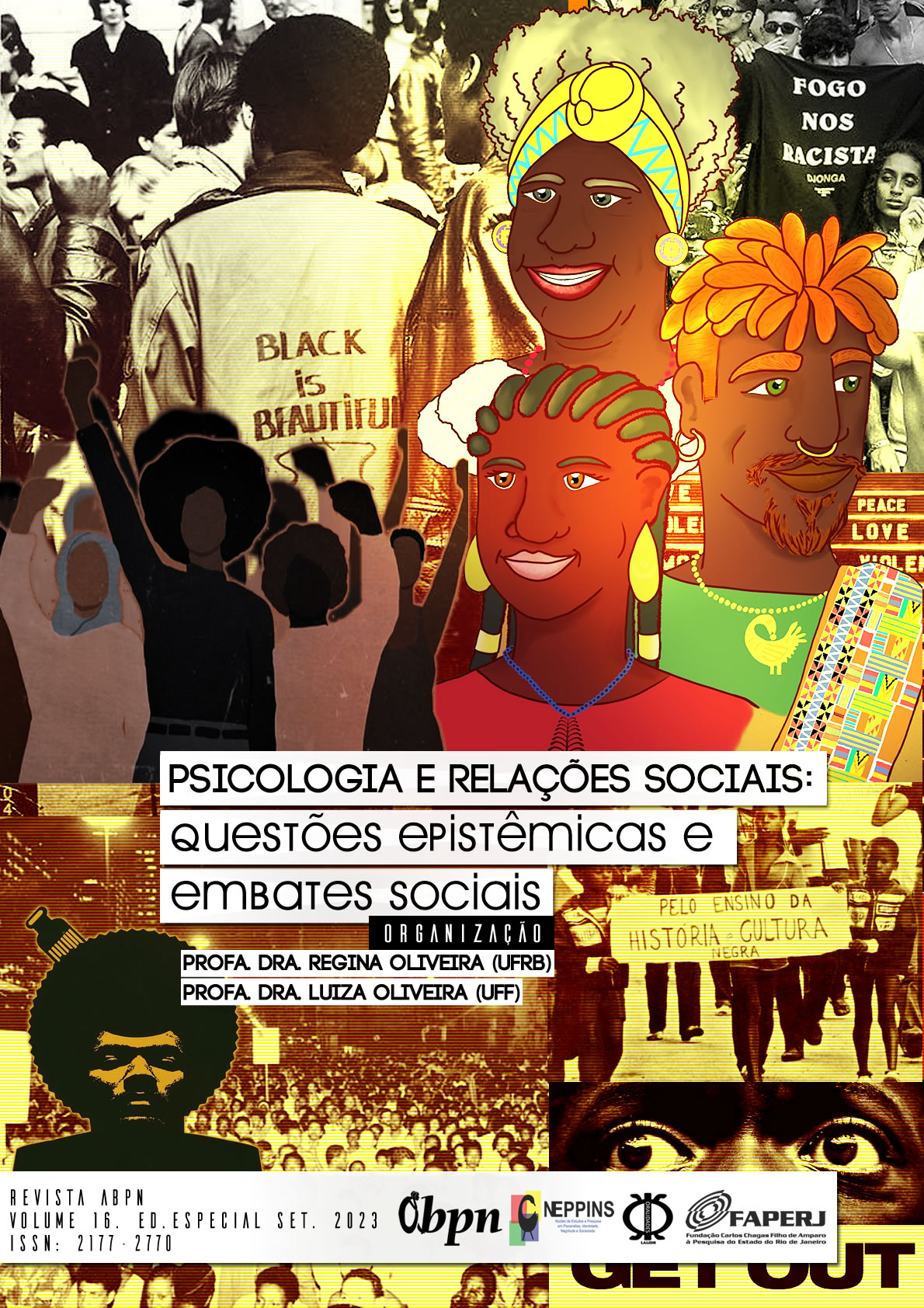ẸGBẸ́: COMMUNITY, CO-RESPONSIBILITY AND HEALING PROCESS IN THE YORÙBÁ CULTURE
Main Article Content
Abstract
The contemporary enhancement of symbols and elements present in afrodiasporic corporeality, in line with Yorùbá Culture, claims a state of 'agency' and 'awareness' that enhances ancestral knowledge and practices. In this way, it is eminently a matter of supporting a reference that configures consistency for the black population, due to the fact that the socially attributed teachings separate the sense of collectivity and co-participation to relate with the other in the West. The objective of the research was to contribute to the notion of community within the perspective of the Yorùbá peoples, called Ẹgbẹ́, through the systematic survey of fundamental researchers to Yorùbá theoretical-practical epistemology. To this end, the potential of the black person as a community organism and the importance of co-responsibility for the healing process aligned with African Psychology are applied in the face of activities and experiments experienced by diasporic communities (Candomblé yard people) and traditional continental ones when using ancestral methods and resources as part of us.
Article Details

This work is licensed under a Creative Commons Attribution 4.0 International License.
Copyright Statement
- Authors retain copyright and grant the journal the right of first publication, with work simultaneously licensed under the Creative Commons Attribution License CC-BY 4.0 which allows the sharing of the work with acknowledgment of the authorship of the work and initial publication in this journal.
- Authors are authorized to enter into additional contracts separately for non-exclusive distribution of the version of the work published in this journal (eg, publishing in institutional repository or book chapter), with acknowledgment of authorship and initial publication in this journal.
- Authors are allowed and encouraged to post and distribute their work online (eg in institutional repositories or on their personal page) at any point before or during the editorial process, as this may lead to productive changes as well as increase impact and citation of published work (See The Effect of Free Access).

